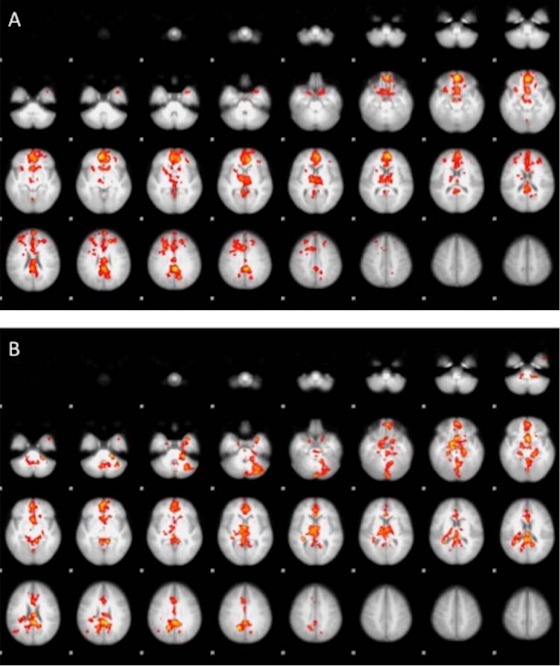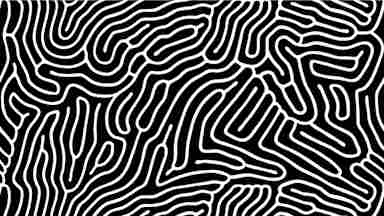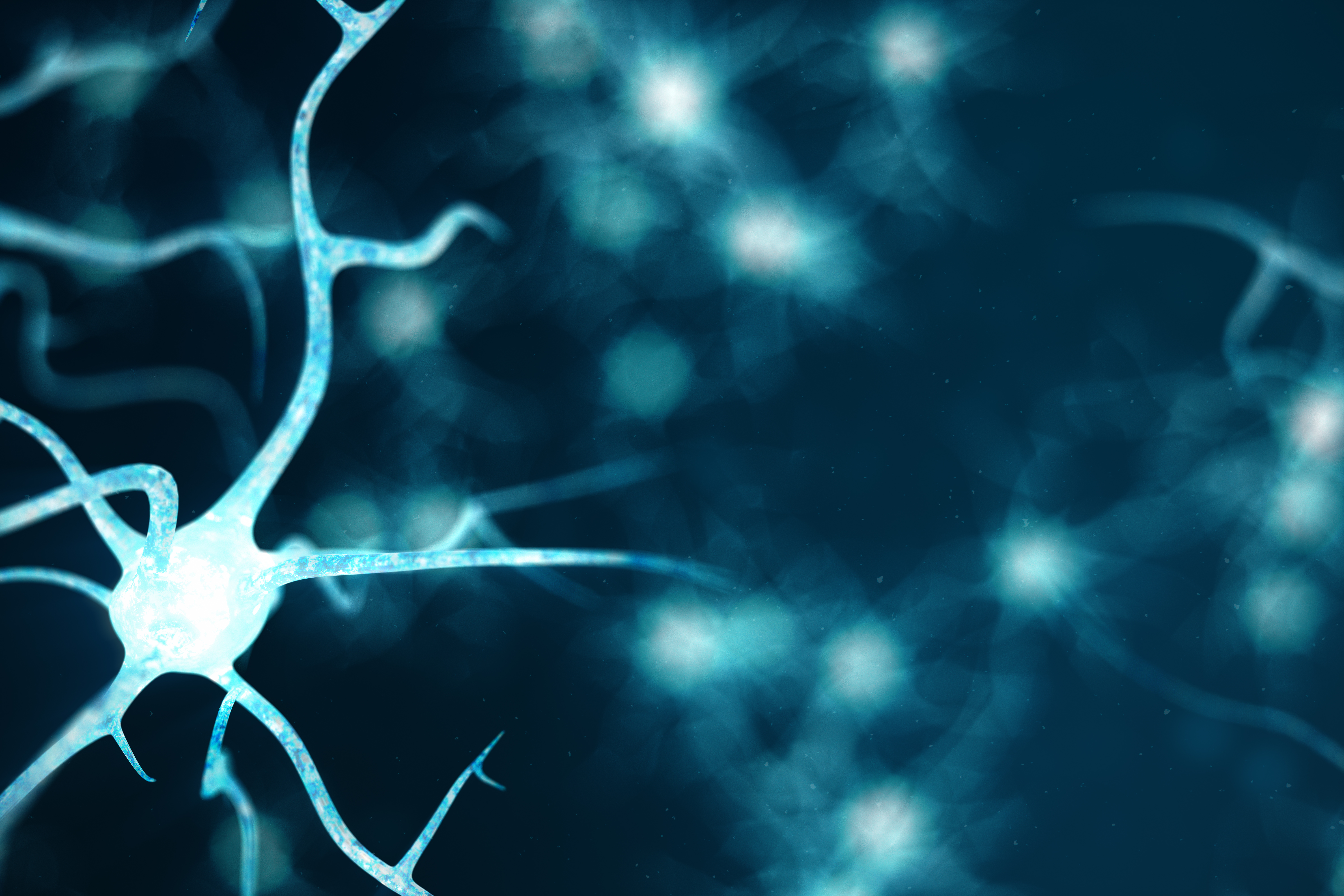Overview
This study expands upon prior work exploring the brain sensitivity to cannabis cues between long-term and nonusers. Participants were presented cannabis-related stimuli, naturally rewarding stimuli (i.e., fruit), or a neutral stimulus, while inside a functional magnetic resonance imaging (fMRI) machine. The results revealed increased activation in the reward networks when cannabis users were shown the cannabis cues. This activation was greater than the normal activation produced by the naturally rewarding stimuli. Additionally, the level of reward activation in the users was significantly correlated to reported cravings, withdrawal symptoms, and marijuana-related problems. The disruption to the reward network leads to less reward activation to inherently and naturally rewarding stimuli (such as food or sex) and greater activation to the abused substance – cannabis.
fMRI demonstrated the reward network activation of cannabis cues relative to the natural reward (A) and neutral reward (B) in users compared to nonusers.





